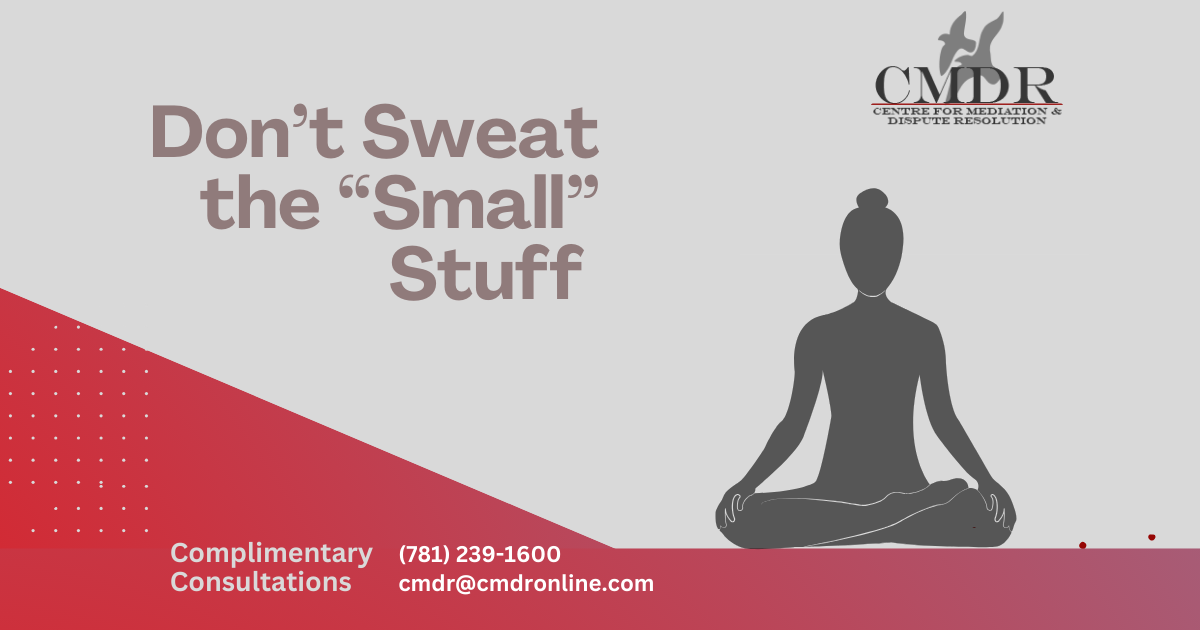 In the August 1, 2024 edition of The New York Times, columnist Gina Cherelus’ article, The Drawn-Out Divorce and Its Many Sticking Points, states that divorce lawyers believe that the “only people” who control how long a divorce takes are the two parties going through the divorce.”
In the August 1, 2024 edition of The New York Times, columnist Gina Cherelus’ article, The Drawn-Out Divorce and Its Many Sticking Points, states that divorce lawyers believe that the “only people” who control how long a divorce takes are the two parties going through the divorce.”
Are the lawyers just passing the “buck,” by blaming their clients for costly, protracted legal battles? In real time, are the culprits the attorneys? Are they too often responsible for prolonging the process by promising victories that may well not be attainable, by making unrealistic demands, and by delaying tactics, not least of which is being unresponsive to opposing counsel?
Obviously, the answer is more nuanced. There are clients who are guilty of unreasonable behavior and delaying tactics. There are attorneys whose actions and guidance impede, rather than expedite, reaching a settlement.
Still, placing blame is a fruitless endeavor. The key objective is not to decide who is liable for impeding the settlement, but rather to structure a process to help couples reach settlements that both parties believe are fair and workable. And, if this is the goal, how do we help divorcing spouses to focus on what is important and not get stuck, as Cherelus quotes, in “battles over the obvious and the ridiculous?”
As a mediator, I have the advantage of working with both parties. It is my job and my responsibility to help couples identify together the truly important aspects of their settlement. It is my job to help individuals focus on what is best for the family, together or separated, today and tomorrow. Admittedly, it is not uncommon for an individual or individuals to get “stuck” on who gets the crystal, the painting, the jewelry. It is not uncommon to attach importance, indeed value, to what others may dismiss as “ridiculous.”
However, it is truly the responsibility of the mediator to help separate stuff from substance. Often the key to getting to yes, is to delay discussions of “stuff,” until the bigger pieces of the settlement are resolved.
The divorce process is an emotional journey, filled with angst and tinged with sadness. We, who work with separating and divorcing couples, should understand that at such times when individual are beset by intense and conflicting feelings, personal clarity can get distorted. A focus on an object may be less painful than arguing over the parenting plan. We, as mediators or as lawyers, know this. It is our job, indeed our responsibility, to help our clients get “unstuck,” to learn how to focus on their present welfare and their future. “Sweating the small stuff “is never the answer.